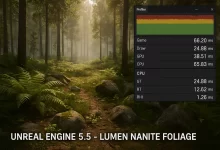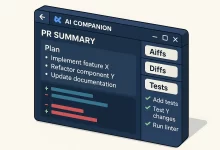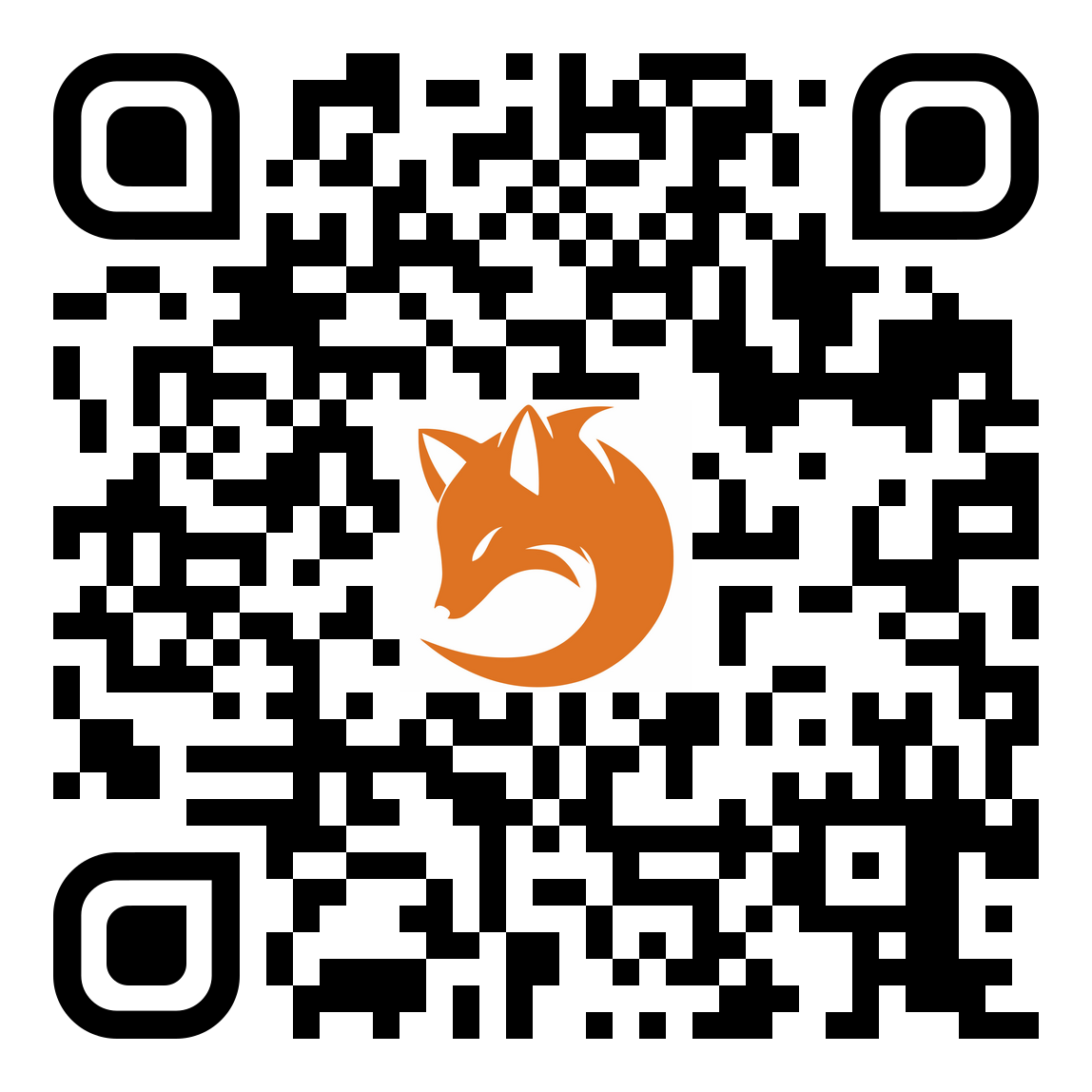Today, July 8, 2025, marks a major turning point for online search in one of the world’s largest digital markets: India. Google announced that its much-anticipated AI Mode—powered by the Gemini large-language model—is now available to every user in the country, without any extra sign-ups or experimental flags. If you live in India and haven’t tried it yet, you’re gonna want to pull up Google on your phone or laptop and say—or type—something you’ve never dared ask before.
At its core, AI Mode transforms the traditional blue-link experience into a two-way conversation. Instead of hunting through ten search results, you can simply ask a question in natural language: “What’s the best way to manage monsoon waterlogging in Mumbai?” or “Plan me a two-day Kerala backwater tour.” Gemini listens, thinks, and replies with a concise, structured answer—complete with relevant data points, suggested itineraries, or even local business recommendations. And if your question changes mid-stream, it adapts on the fly.
One of the coolest features is interactive summaries. Suppose you search for “fundamentals of quantum computing.” Under AI Mode, Google doesn’t just spit out a list of articles; it generates a layered summary that you can click to expand or drill down into specific sections—history, key algorithms, real-world applications—right within the search page. It’s like having a digital tutor who can zoom in on the exact slice of info you need.
Personalization gets a boost too. When signed into your Google account, AI Mode can weave in your preferences—your preferred language, past travel history, or even calendar events—to tailor answers. For instance, if you ask “suggest dinner spots in Bengaluru,” it might highlight restaurants near your office that match your favorite cuisines or note which ones book out early on weekdays.
I took AI Mode for a spin this afternoon while researching cloud-native databases. Instead of clicking through five different blog posts, I simply wrote: “Compare MongoDB vs. PostgreSQL for real-time analytics.” Within seconds, Google’s AI laid out a side-by-side table of performance benchmarks, cost considerations, and language support, then linked to the two most useful open-source docs. It felt almost magical to skip the usual legwork.
Rolling out AI Mode in India makes perfect sense. With over 700 million smartphone users and a mobile-first mindset, India represents a fertile ground for conversational AI. Google estimates that at least 40% of queries here already come from voice search. By integrating Gemini, the company is doubling down on making search more accessible in regional languages—Hindi, Tamil, Bengali, and beyond—so rural and urban users alike can ask questions in their mother tongue.
Advertisers will notice changes too. Instead of bidding solely on keywords, brands may soon craft conversational prompts that thread through AI responses. Early experiments show that local e-commerce platforms can embed purchase links directly in AI answers, streamlining the path from query to checkout. That could reshape digital marketing in India’s rapidly growing online retail sector.
Of course, there are trade-offs. Some privacy advocates worry about how much personal data AI systems need to deliver these customized experiences. Google insists that sensitive processing happens on-device whenever possible, with heavier tasks running in its secure cloud. They’ve also introduced clear toggles in Settings—so if you’d rather stick with classic search, or disable personalization, you can.
Looking ahead, AI Mode in India is just the start. Google plans to roll it out globally over the coming months, adapting to each market’s linguistic nuances and regulatory frameworks. For now, though, millions of Indian users have the earliest glimpse of a search future where language barriers vanish, context is king, and answers come in a natural, human-like cadence.
If you haven’t tried it yet, open Google.com, tap the mic icon or switch to “AI Mode” in the menu, and ask away. Who knows—you might end up planning your next trip, debugging a tricky code snippet, or discovering a new hobby faster than ever before.

 FoxDoo Technology
FoxDoo Technology











